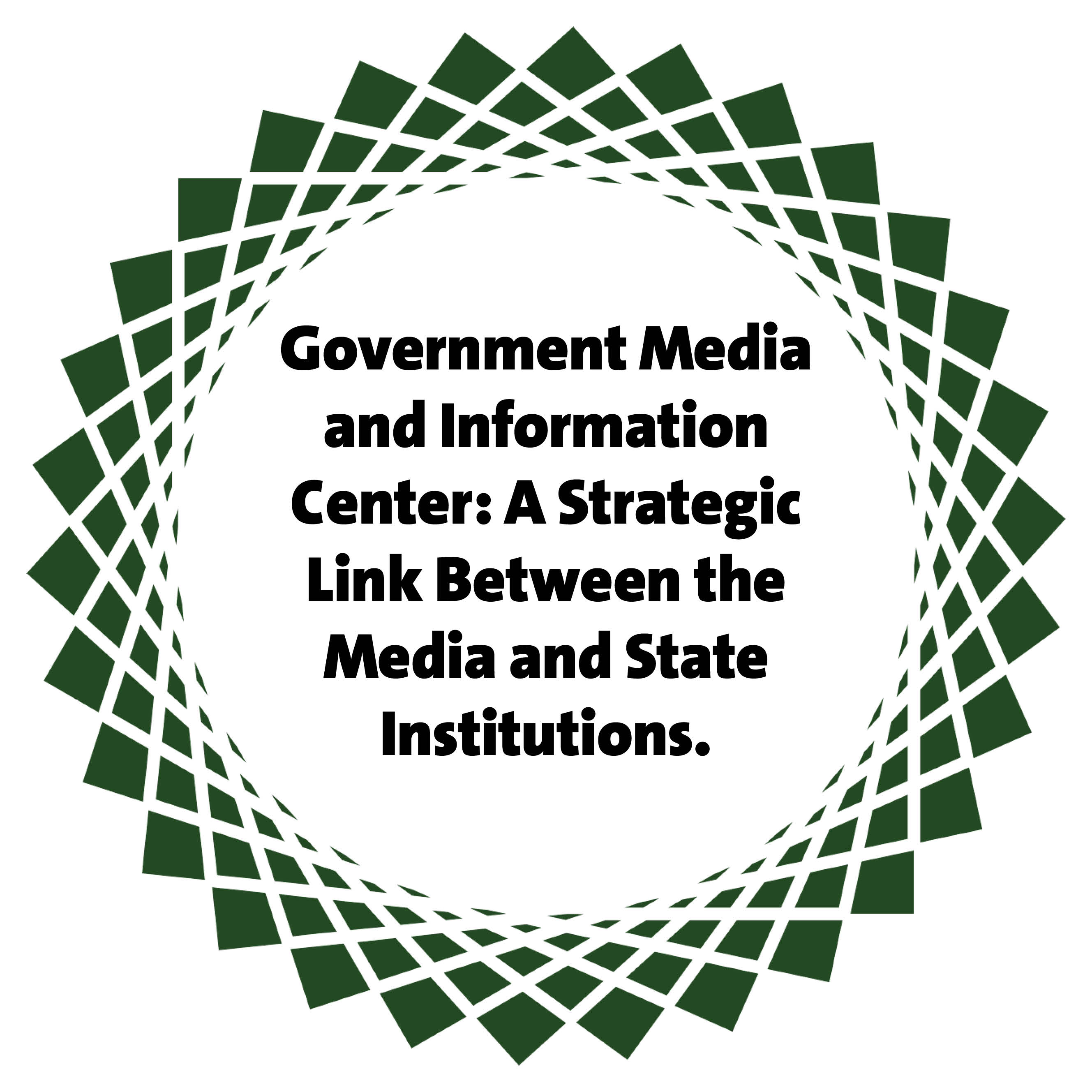The Supreme Leader of the Islamic Emirate Approves Afghanistan’s Development Strategy

2025-08-26
At a press conference held at the Government Media and Information Center, Zabihullah Mujahid, Spokesperson for the Islamic Emirate of Afghanistan, officially announced the approval of Afghanistan’s Development Strategy.
Mujahid stated that the Development Strategy of the Islamic Emirate has been meticulously formulated to leverage domestic capacities and resources in pursuit of the nation’s key objectives. He stated that the strategy has been formally approved by the Supreme Leader of the Islamic Emirate of Afghanistan.
According to the spokesperson, this comprehensive, unified, and long-term strategy spans a five-year horizon and provides coordinated guidance for the utilization of all national resources.
Mujahid emphasized that the strategy unites and aligns the resources and activities of all ministries and government institutions to achieve the core set objectives effectively.
The strategy is structured around three principal pillars: good governance and international relations, security and public order, and economic and social development. It encompasses ten key sectors: economy and agriculture, natural resources and energy, housing and social cohesion, transport and communications, religious and modern education, cultural affairs, health, social protection, environmental conservation, and fifteen priority programs.
Notable programs include, governance under Sharia law and the delivery of Islamic justice, good governance and international relations, public sector reform, transparency, and accountability, strengthening and expanding regional and international relations, security enhancement, public order, and border protection, law enforcement, crime prevention, and local governance development, urban development and rural advancement, economic and social development, sustainable utilization of natural resources and energy provision, agricultural and livestock development, financial management improvement and expanded electricity access, health services and food security enhancement, education, human resources, and cultural development, telecommunications and information technology advancement, and transport and transit infrastructure development.
Mujahid highlighted that the strategy is of exceptional importance, as it establishes a clear developmental vision, defines the nation’s major objectives and five-year priorities, provides a unified framework for development management, ensures efficient resource allocation, harmonizes the activities of government institutions, aligns the private sector with national priorities, and promotes balanced development throughout the country.
In closing, Mujahid assured the public that the implementation of this long-term strategy will yield tangible results, with measures to achieve the country’s fundamental objectives executed gradually within a structured framework. #


